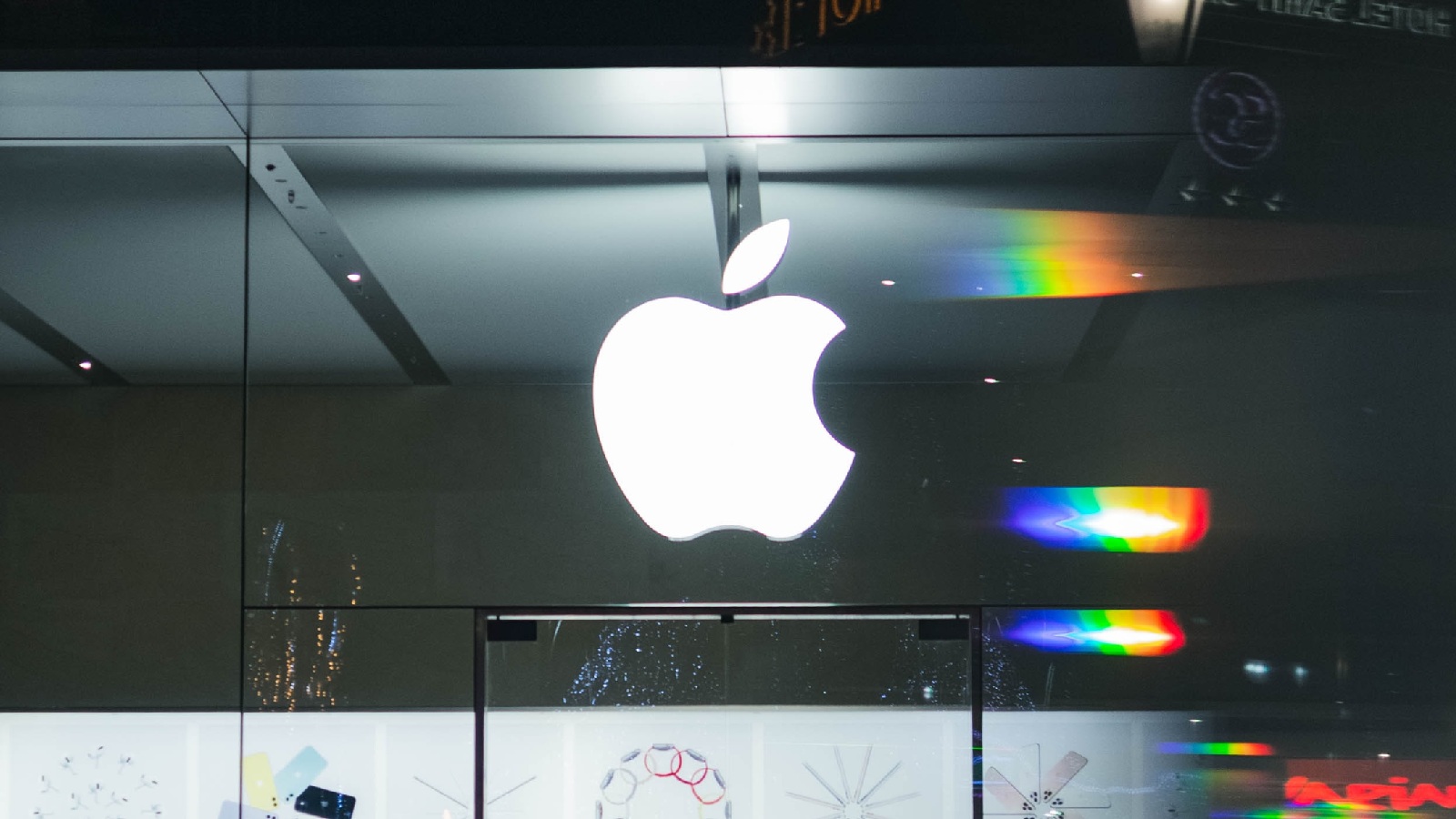BOOK THIS SPACE FOR AD
ARTICLE AD
Apple has fixed two iOS zero-day vulnerabilities that "may have been actively exploited" to hack into older iPhone, iPad, and iPod devices.
The two bugs (tracked as CVE-2021-30761 and CVE-2021-30762) are caused by memory corruption and use after free issues in the WebKit browser engine, both found and reported by anonymous researchers.
Webkit is a browser rendering engine used by Apple web browsers and applications to render HTML content on desktop and mobile platforms, including iOS, macOS, tvOS, and iPadOS.
Attackers could exploit the two vulnerabilities using maliciously crafted web content that would trigger arbitrary code execution after being loaded by the targets on unpatched devices.
Impacted devices include older:
iPhones (iPhone 5s, iPhone 6, iPhone 6 Plus). iPads (iPad Air, iPad mini 2, iPad mini 3). and the iPod touch (6th generation)."Apple is aware of a report that this issue may have been actively exploited," Apple said when describing the two iOS 12.5.4 vulnerabilities.
Steady stream of exploited zero-days
Since March, we've seen a neverending stream of zero-day bugs—nine of them in total—showing up in Apple's security advisories, most of them also tagged as having been exploited in attacks.
Last month, Apple patched a macOS zero-day (CVE-2021-30713) used by the XCSSET malware to bypass Apple's TCC protections designed to safeguard its users' privacy.
Apple also addressed three zero-days (CVE-2021-30663, CVE-2021-30665, and CVE-2021-30666) in May, bugs found in the Webkit engine allowing arbitrary remote code execution (RCE) on vulnerable devices simply by visiting malicious websites.
The company also issued security updates to address one more iOS zero-day (CVE-2021-1879) in March and zero-days in iOS (CVE-2021-30661) and macOS zero-day (CVE-2021-30657) in April.
The latter was exploited by Shlayer malware to bypass Apple's File Quarantine, Gatekeeper, and Notarization security checks.
.png)















 Bengali (Bangladesh) ·
Bengali (Bangladesh) ·  English (United States) ·
English (United States) ·